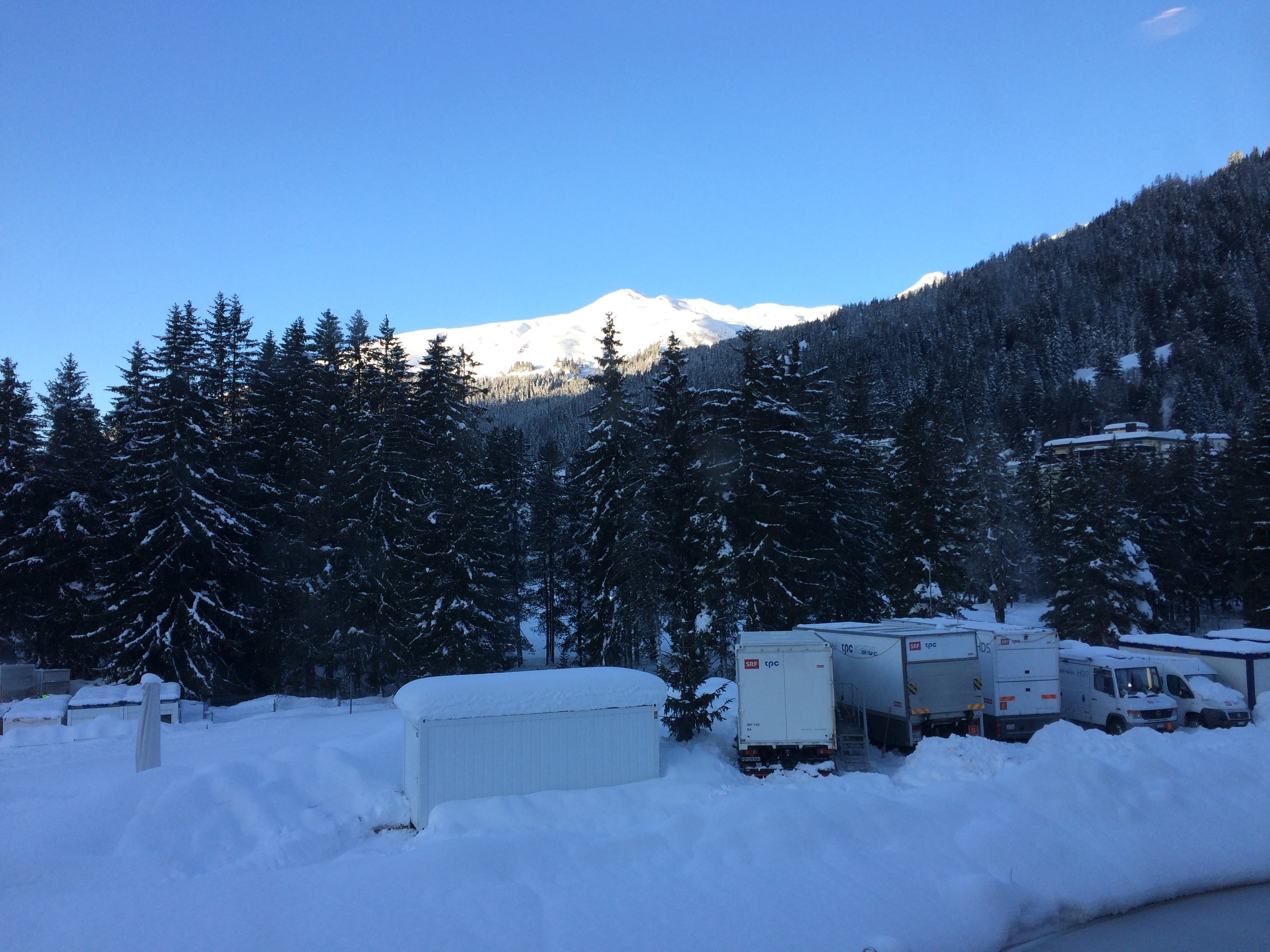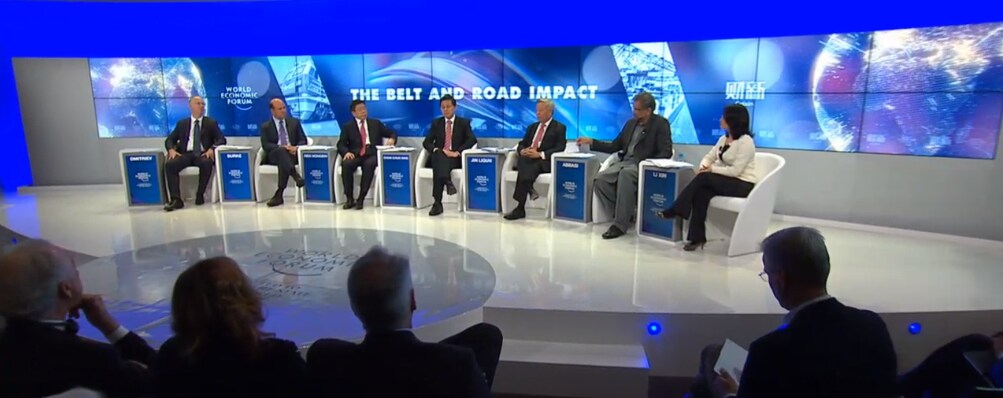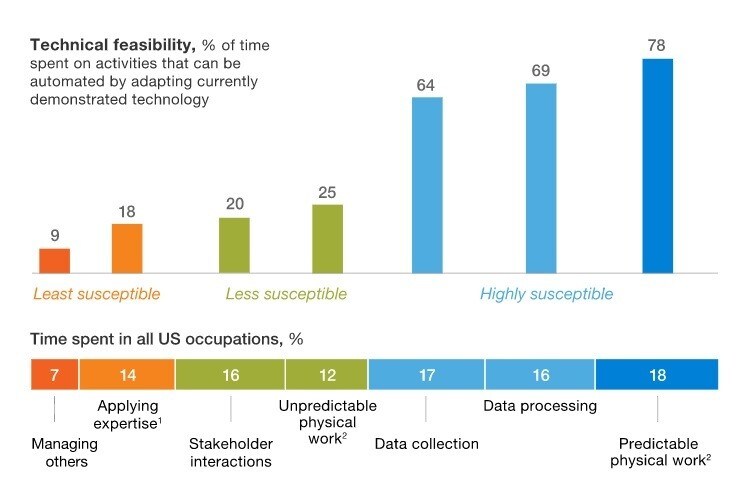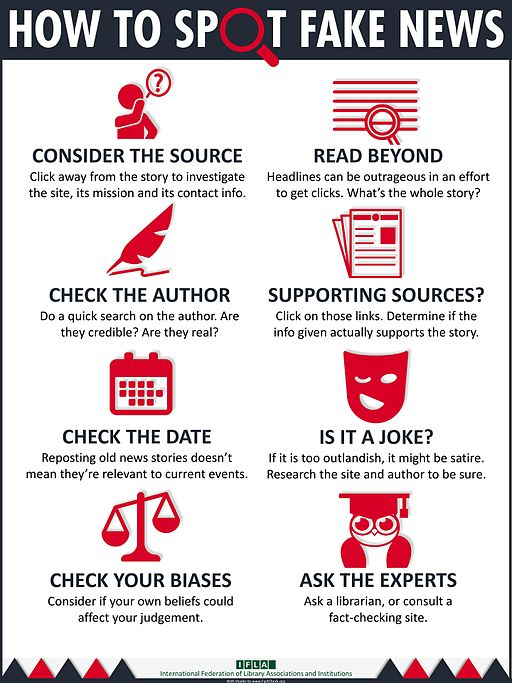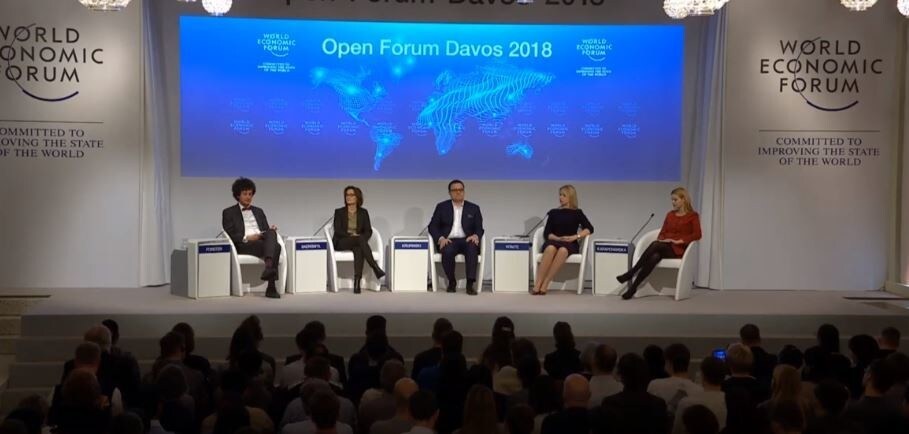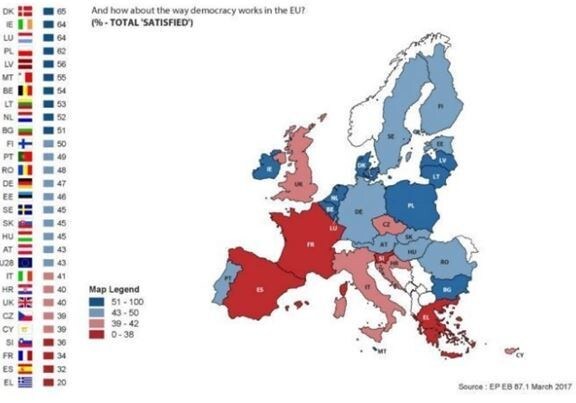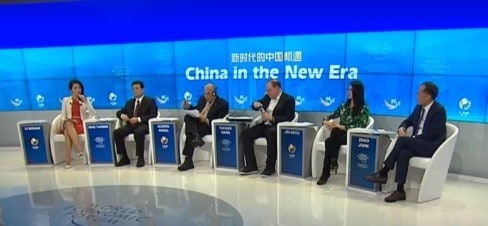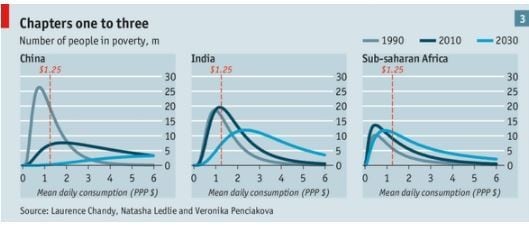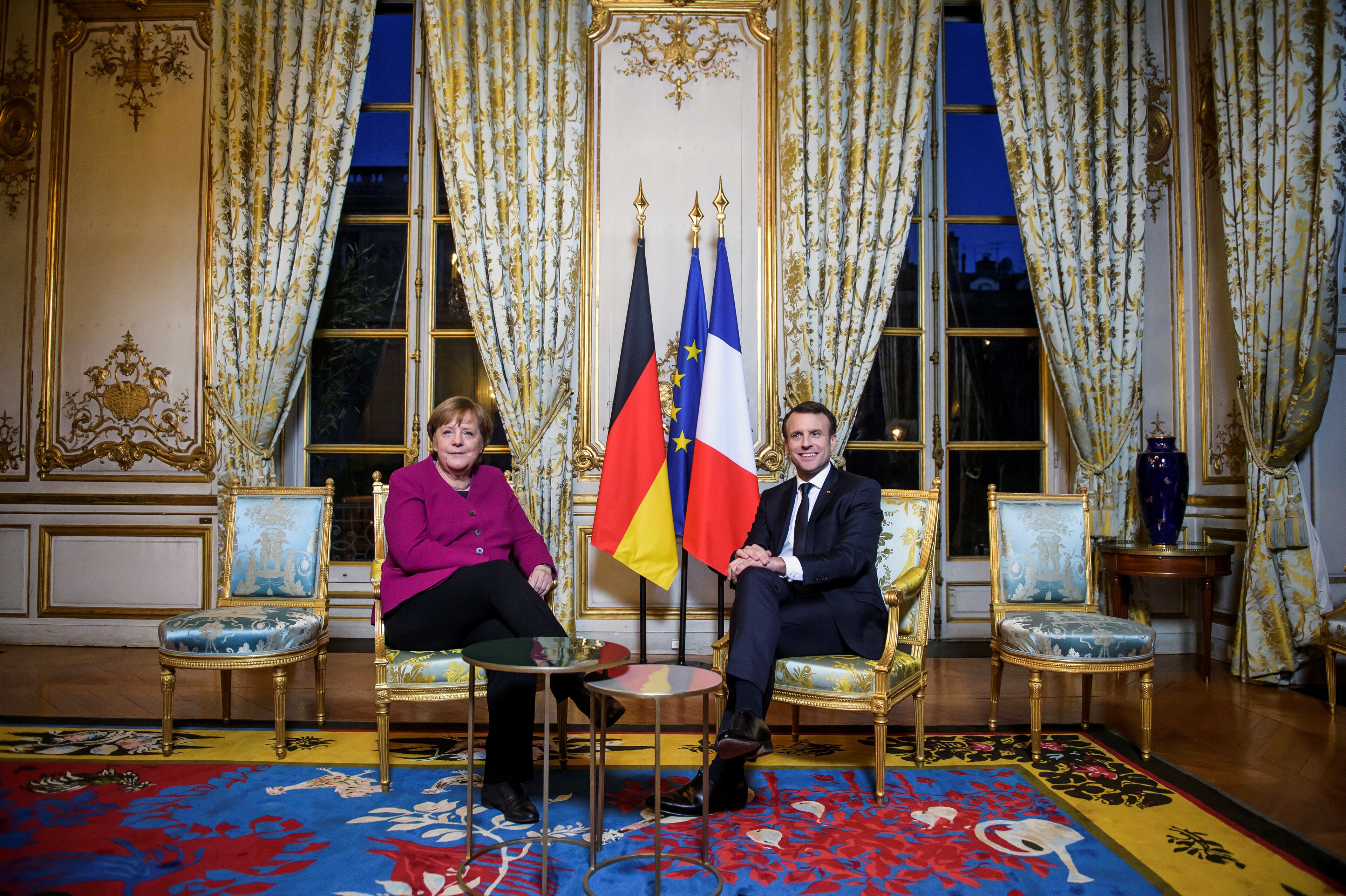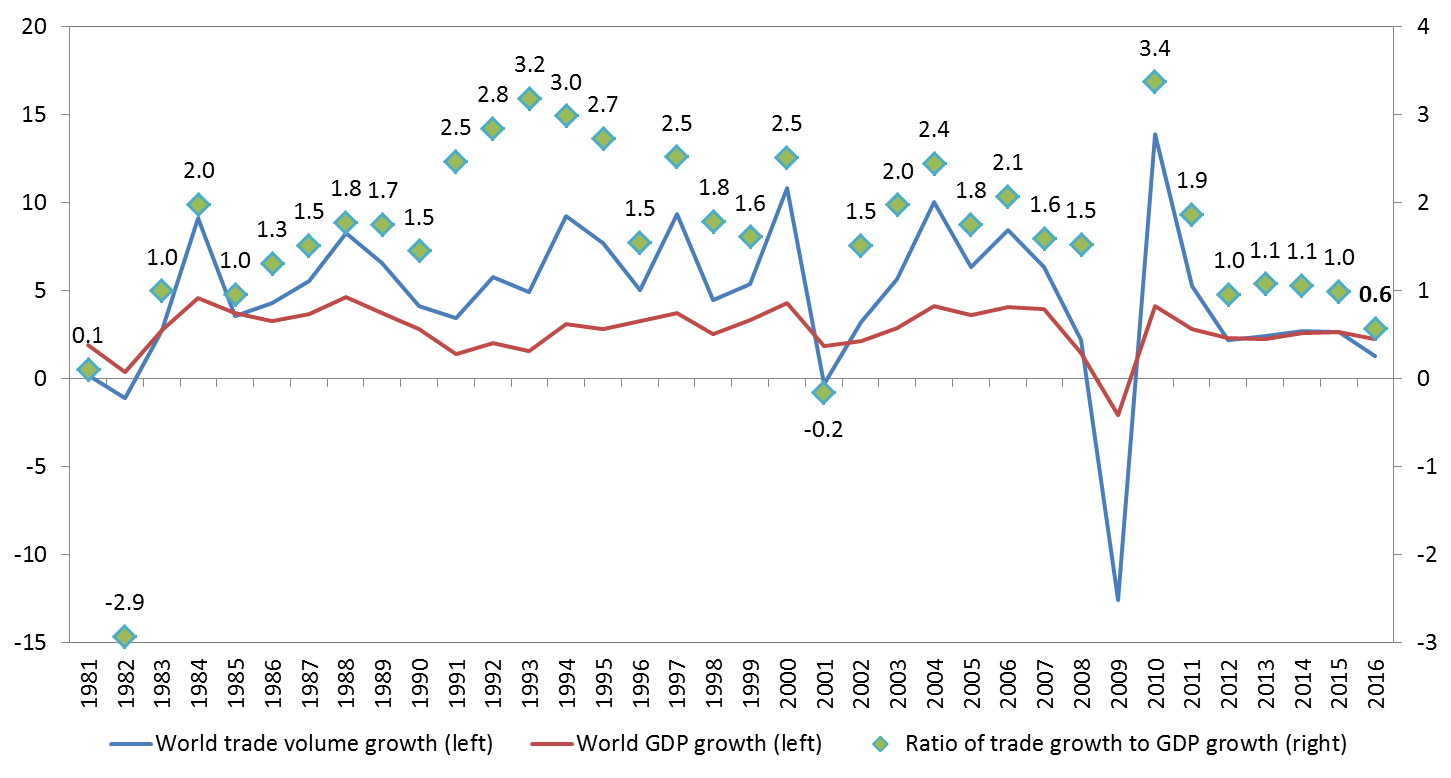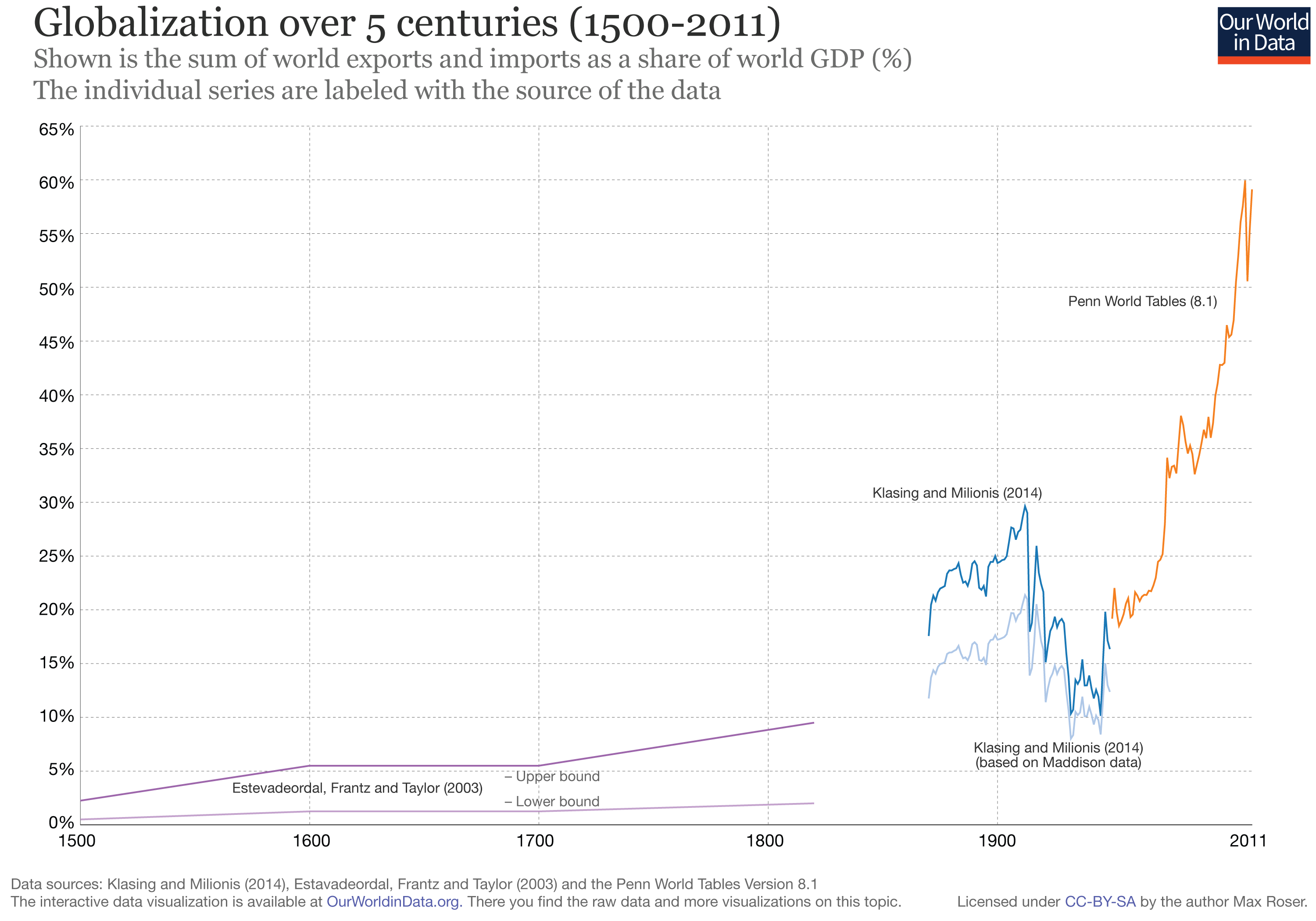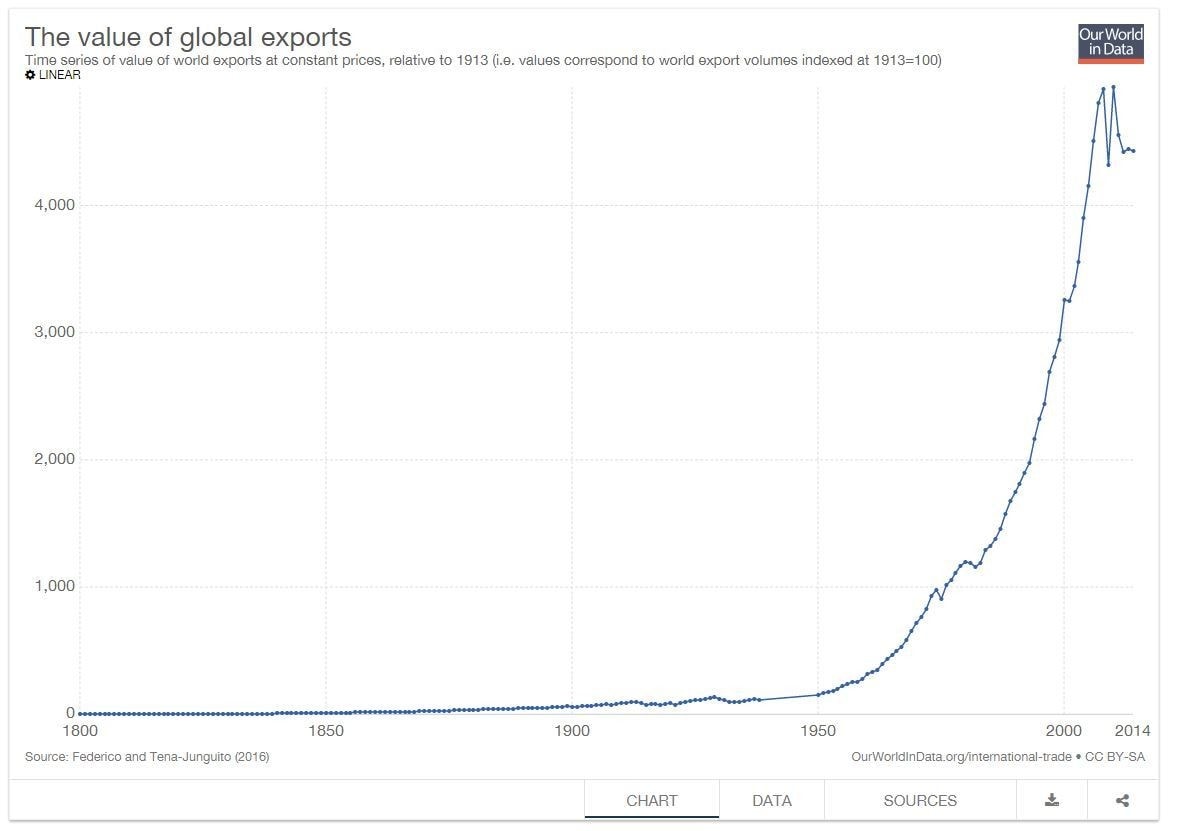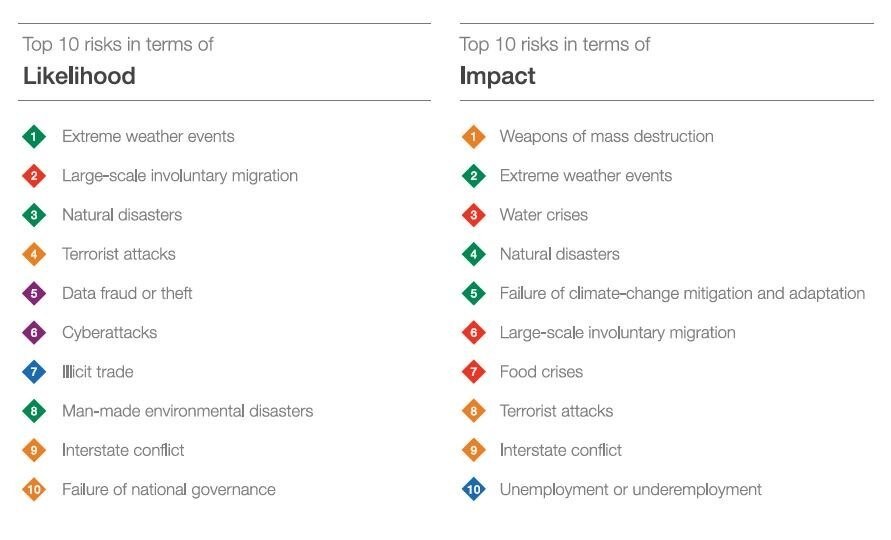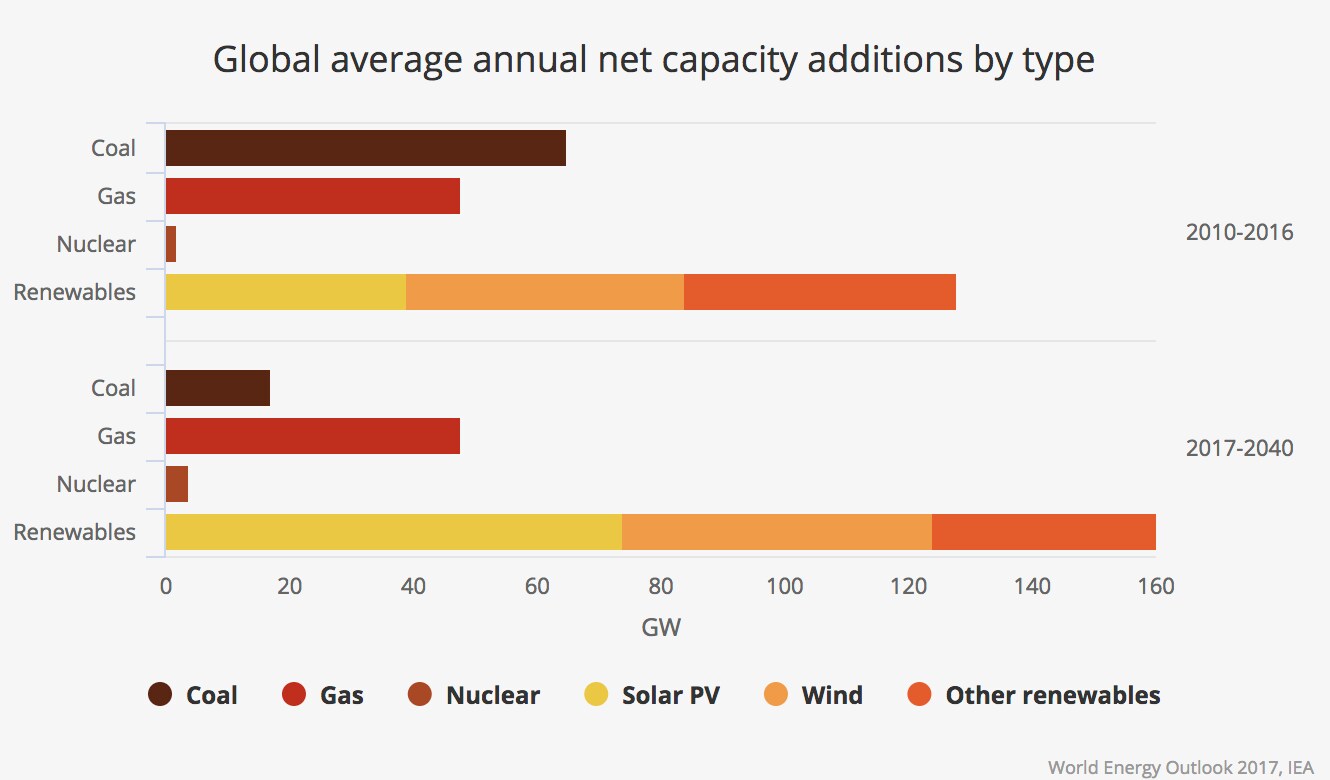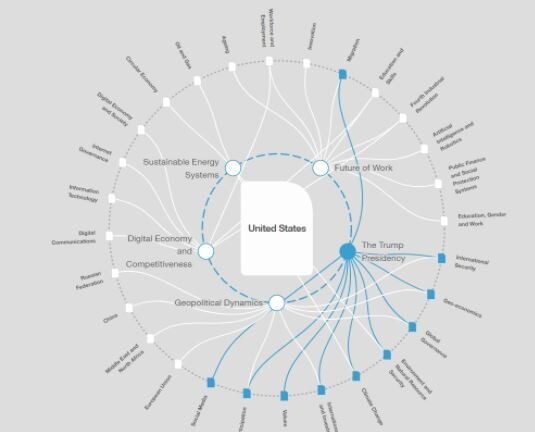A special address by France’s President Emmanuel Macron
It's a wide-ranging and energetic speech:
Accept our marketing cookies to access this content.
These cookies are currently disabled in your browser.
Returning to climate change, President Macron says that the EU should set a minimum price for CO2. Here's a quick guide to how carbon trading works.
China will play a key role, with a major infrastructure project afoot to link its markets to Europe. "The new Silk Road has to be a green road. We cannot have a coal-based route," says Macron.
The IMF's remit should be broadened to scrutinize Bitcoin and crypto-currencies, says President Macron.
He argues for more global cooperation on tax, to avoid "unbridled tax optimization." There is a "moral way" to make profits, he says.
He also calls for more action on gender equality, and says that France is working with the World Economic Forum on initiatives for equal pay.
Accept our marketing cookies to access this content.
These cookies are currently disabled in your browser.
Globalization must make sense to people and improve their lives - otherwise we will see a new generation of nationalists and extremists, warns President Macron.
After an optimistic opening, he addresses some of the failures and challenges in global affairs.
"In terms of trade we’re moving towards greater protectionism, a fragmentation of what the WTO has done in the past, we’re undoing what globalization has been able to achieve," he says.
Despite his policies to make France a climate leader, overall the picture is bleak.
"On climate change, we’re losing the battle. In 2020, if we’re not able to deliver concrete results, what will be able to say to people?"
The speech also tackles a failure to make sure economic growth benefits everyone in society.
"Economic growth is not an end in itself, it is a means to an end," says President Macron. You can see more context on the rise of populism in France here.
President Macron calls for more "ambition" in the EU.
"Those who don’t want to move forwards should not block the most ambitious in the room."
Accept our marketing cookies to access this content.
These cookies are currently disabled in your browser.
"In France it was forbidden to fail, and forbidden to succeed," President Macron says, talking about a culture shift to boost entrepreneurialism.
"France is back. France is back at the core of Europe. Because we will never have any french success without a European success. All of these initiatives and reform have a natural counterpart which is European strategy," he says. Angela Merkel also talked about her vision for Europe's future in a digital economy in her speech.
"We have decided to make France a model in the fight against climate change," he says.
He says this is part of his drive to create a more competitive France, seeing it as a source of job creation.
Accept our marketing cookies to access this content.
These cookies are currently disabled in your browser.
The overall challenge is to "make France more competitive, more innovative in order to finance a fair system," he says. This means tackling a culture of laws and regulation, bringing France more in line with Germany and northern Europe.
"We will make innovation the centre-piece of the economy," with a 15 billion euro investment over five years in education, and 10 billion in research.
His challenge, he says, is to build a prosperous France that doesn't forget the people left behind by globalization.
Accept our marketing cookies to access this content.
These cookies are currently disabled in your browser.
"With this snow, it's hard to believe in global warming. Obviously and thankfully you didn’t invite anyone skeptical about global warming this year," says French President Emmanuel Macron, in a mischievous start to his speech.
At 40 years old, Macron is the youngest ever President of the French Republic, who formed his own political party and swept to power in last year’s elections.
International in outlook, he is a firm supporter of the EU. In this video, he joins German Chancellor Angela Merkel to talk about the ties that have bound the two countries together since the aftermath of the Second World War.
Accept our marketing cookies to access this content.
These cookies are currently disabled in your browser.
In her earlier speech, Angela Merkel stressed the importance of cooperation in Europe.
Under Macron’s leadership, France climbed to the top of a list of countries of “soft power” - or cultural and diplomatic clout.
You can browse our transformation map to see the biggest challenges confronting the President, from domestic security in the wake of terrorist attacks to reforming labour laws.

